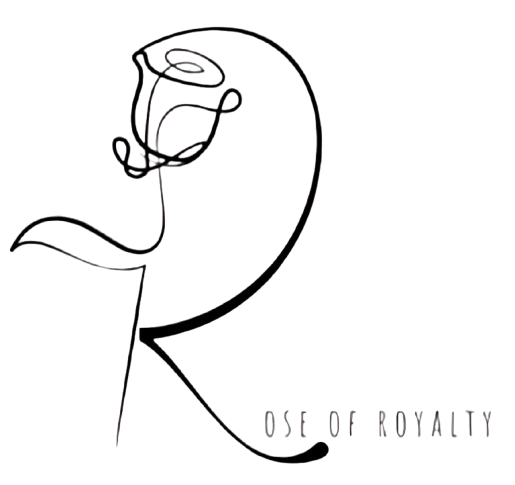Once there was a young princess, the beloved daughter of a great and noble king. One summer day, the sun was blazing hot, and the princess was walking in the royal gardens wearing her magnificent crown. Though the crown sparkled with jewels, it was heavy on her head.
As she walked, the gardener’s daughter noticed her and came over to say hello. She was clad in overalls with her hair tied back in a braid, and she kindly offered the princess her straw hat.
“Princess,” she said, “you look so hot and uncomfortable. Would you like my hat? It’s much lighter than your crown and will shield your face from the sun.”
The princess looked at the hat, and though it was indeed light and practical, she gently declined.
“Thank you for your kindness,” she said, “but I am the daughter of the king. Even if my crown is heavy, it reminds me of who I am and the dignity I carry. I cannot exchange it for something simpler, even if it looks easier to wear.”
Tznius isn’t about hiding or shame—it’s about remembering who you are. Just like the princess doesn’t trade her crown for something easier, a Jewish woman carries herself with tznius because she remembers she’s a daughter of the King—Hashem. Her dignity, her value, and her inner royalty guide how she dresses, speaks, and behaves—not trends, pressure, or convenience.
Tznius may not always be the “lightest” or most convenient path, but it also isn’t a burden. Nobility obligates, and our obligation of modesty is honorable—because it reflects the infinite worth and holiness inside.

